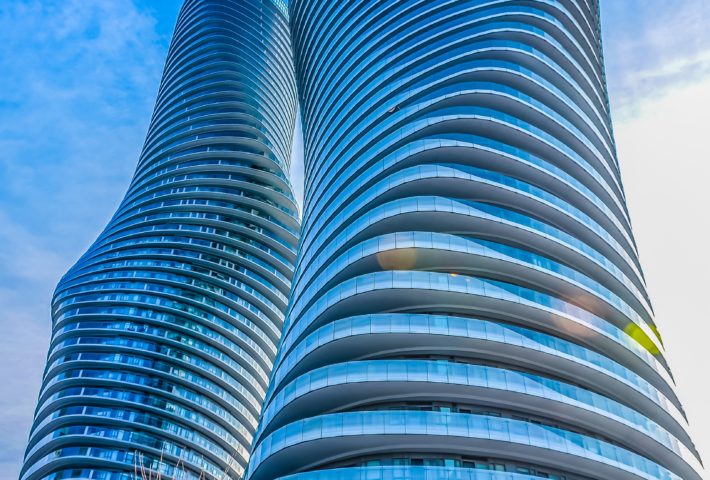
By Immanuel Uy
Buying your very first home or investment property will most likely be one of your biggest financial commitments you will ever make. Ever. And so it is extremely important to be aware of the necessary closing costs and the additional expenses involved with new build purchases as they are quite different than purchases made in the resale market.
Now, I know what you might be thinking. “What about my deposits, shouldn’t that have covered my closing costs and other expenses?”
No. Your deposit only covers your total purchase price and held completely separate from the other expenses related to purchasing new construction builds. Just like the traditional resale market, your closing costs are not included in your downpayment. This might start to sound really confusing so I’m going to need you to read carefully. When purchasing new builds, you have 2 sets of very important dates: Interim and Final.
Interim occupancy is the period of time between the day you occupy (move in) your unit and the day you take ownership (close). This exciting phase allows the builder to finish construction while organizing an orderly move-in process for hundreds of buyers. Builders in most cases, start their interim occupancy on the lower floors while working their way up. This process should take a few months to complete, but again – all projects are different so these dates/lengths will definitely vary.
During your interim occupancy, you are obligated to make monthly occupancy fees which are usually paid to the developer. These fees are calculated based on a few different factors determined by the builder. These occupancy fees don’t go towards your final closing payments nor your mortgage payments which won’t kick in until your final closing as you don’t quite own your unit just yet.
Once the city has completed their final inspection and the building has been fully and officially registered, your final closing date will then be determined. Your lawyer will then typically contact you once he/she receives the final date from the builder. And as soon as you are informed of this date, it is extremely important to advise your mortgage lender immediately. You will then receive a few documents including which will describe how the funds will be moved through the builder’s account on closing and how much money you will need to bring in order to close.
Let’s take a quick look on the numbers based on this hypothetical $400,000 preconstruction unit you have just purchased.
Common Expenses / Condo Fees $600 – $1200
Reserve Fund $600 – $1200
Property Taxes 0.75 – 1% of purchase price
Miscellaneous Fees (Utility Hookup Fees, Tarion Warranty Enrollment Fee, Deposit Administration, Discharge of Construction Mortgage,Registration Fee, HST on Appliances) $4000 – $6000
Park Levies, Community Improvement Fees, Art/Education Levies $2500-$3500
Development Charges $5000
Legal Fees $1500 – $2000
Land Transfer Tax
HST
So as you can see, there are a lot more fees associated when buying new construction which most realtors often fail to inform you of or address which leaves you blindsided at the time of closing which is not a good feeling especially after feeling how much of a bargain you had just made buying new construction real estate. Our job is to empower you as buyers so you can hopefully make the right decision.
Happy Buying!
This is not to substitute legal advice. Please seek legal advice from awesome lawyers

